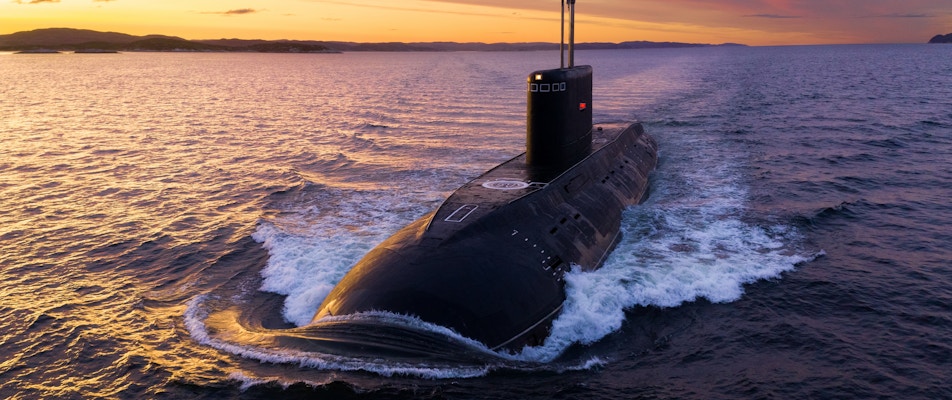

The decision to build nuclear-powered submarines in South Australia is welcomed by the South Australian Business Chamber. As has been well documented, the economic benefits for our state will be significant and roll out over decades to come.
Pleasingly, there will be opportunities in the short, medium and long term as the project transforms from preparation to full scale production. As the details slowly emerge, it is clear that small, medium and large businesses will all have a role to play and stand to benefit both from the direct investment and the flow-on effects of a project that will create up to 12,000 new jobs in SA.
In the immediate term, enabling and preparatory works to build the submarines will commence in Osborne this year. Similarly, South Australian businesses should start working on becoming ‘defence ready’ right away.
Businesses that understand government tender processes will be better equipped to work with the Department of Defence and win contracts. The selling to government website is a good starting point. It provides information on how to register as a supplier, find government tenders, and respond to requests for proposals. Then, opportunities for businesses wanting to bid on Defence tenders will appear on the AusTender website. Another link to keep close by the website of the Office of Defence Industry Support (ODIS). This Office works with small and medium enterprises that are looking to start or increase their engagement with Defence.
In the short-term, $2 billion of investment is expected in South Australia over the next four years. We have both a challenge and an opportunity to build an entire business ecosystem to ensure we have the necessary local supply chains to support this project. As we saw during the COVID-19 pandemic, supply chains and industries which relied on imports struggled, while self-reliant ones thrived. Given the importance of sovereign capability for defence projects, it is crucial that South Australian businesses are the first choice for related goods and services.
The scope of the project means AUKUS will go far beyond defence and manufacturing. There will be a need for project management, consulting, training, ICT, inspection, quality testing, catering, housing and so much more. Given how prominent Artificial Intelligence (AI) is likely to become in the next decade, it too will play in important role in AUKUS, at various levels. Of course, we are well-positioned in this area through Lot Fourteen and Tonsley, so our high-tech, ICT and AI industries will also be major beneficiaries.
In the long-term, we have an opportunity to put South Australia on the map as centre for innovation, technology and defence. Given the length of the project, this will not be a sprint, but an ultra-marathon. We already host 30% of the country’s defence industry and are ideally positioned to leverage off the Defence boom for the next three decades. The Defence industry currently makes up 4% our economy, employs 15,000 people and accounts for 6.4% of our state’s exports. We can expect this to grow in the coming years, as AUKUS guarantees that not only our Defence industry, but our entire economy will benefit from investment of up to $200 billion in the years to come.
Because South Australia will have a key role to play in national security, this will also elevate our status and help us attract the most highly skilled workers from around the country. The nuclear-submarine build will create 12,000 jobs over its lifetime, with 8,500 direct jobs at peak of construction. Key jobs are expected to include scientists, engineers, project managers, technicians, welders, construction workers, electricians and metal fitters. Although the Government says“Australia will not require a civil nuclear power industry”, personnel qualified and experienced in nuclear science will be required to operate and maintain the submarines.
The labour and skills market in South Australia has been challenging over recent years. In the December quarter 2022, 58.3% of businesses have experienced labour shortages, according to the South Australian Business Chamber-William Buck Survey of Business Expectations. While overseas migration can help fill some of the gaps, working on defence projects generally requires Australian citizenship and high-level security clearance.
To this end, a new workforce strategy to deliver on the AUKUS plan has been announced, that will include a dedicated skills and training academy in South Australia, a nationwide training plan with universities and vocational education providers, and new nuclear science and engineering courses.
The AUKUS agreement is long-term, with nuclear-powered submarines due to enter service in the 2040s. It has the potential to set up manufacturing and hi-tech industry in our state for generations to come. As the Chamber of Commerce and Industry in SA, we have already started conversations with government about the role we can play to help small and medium sized businesses to be defence ready and to understand the full breadth of the opportunities as they emerge.